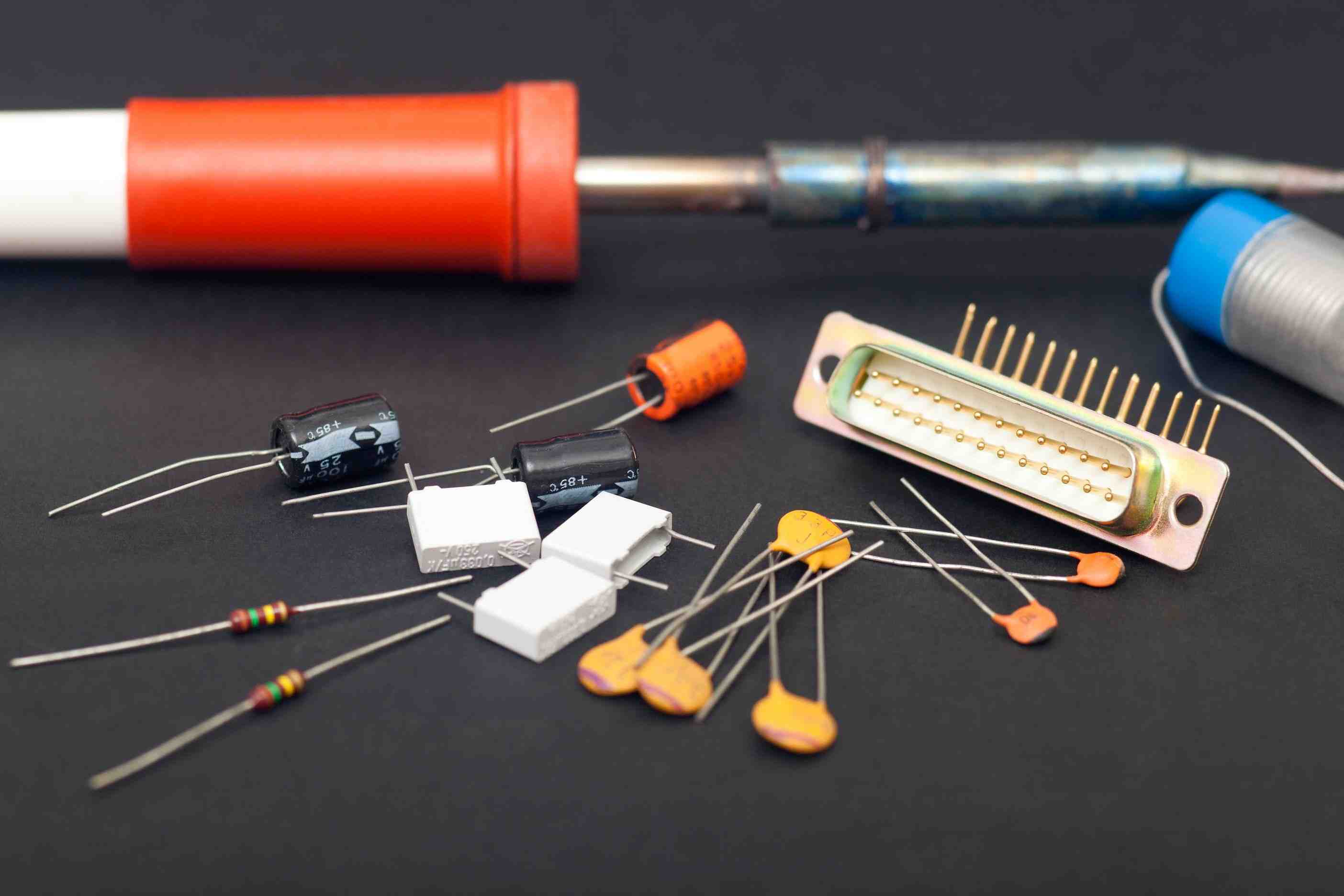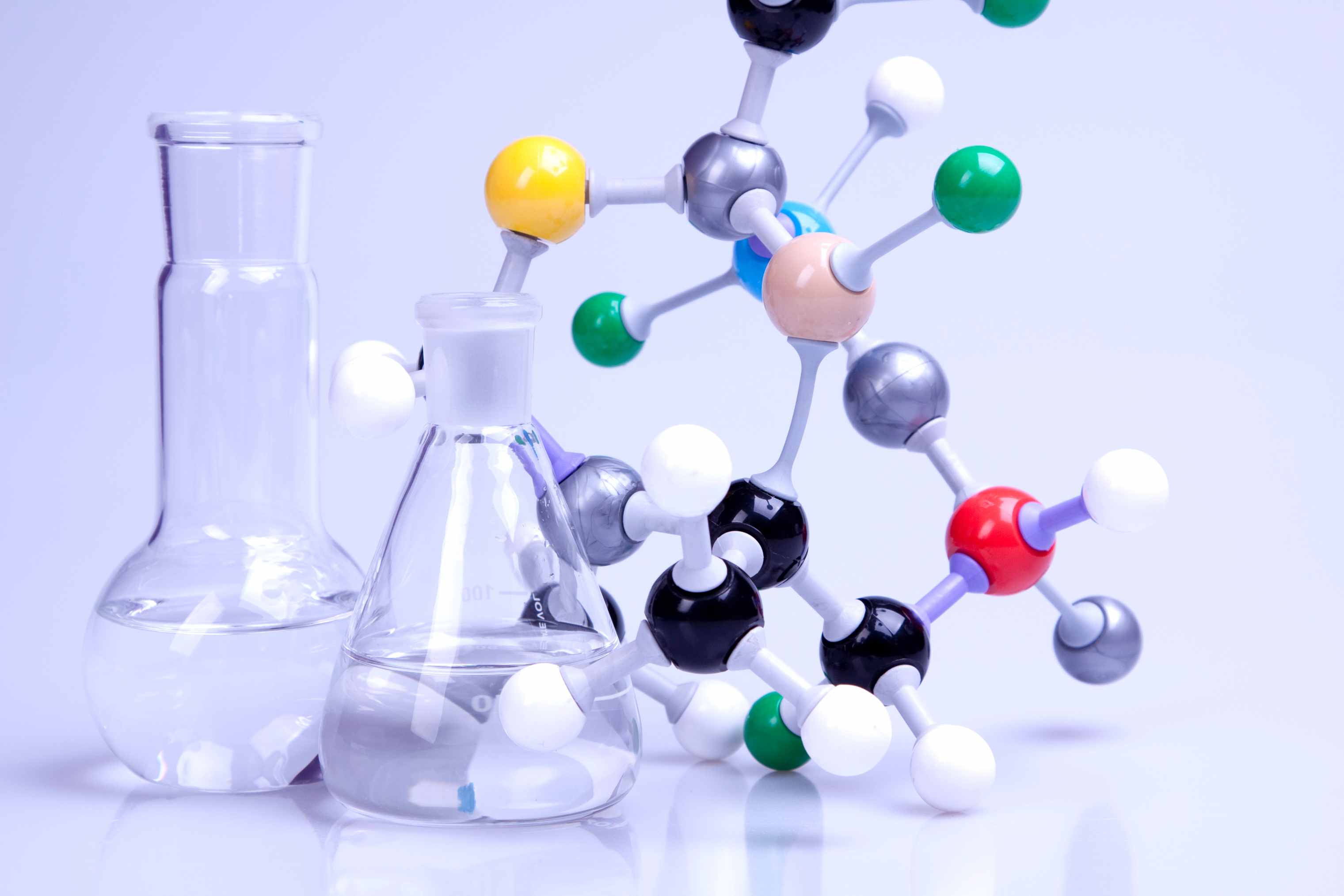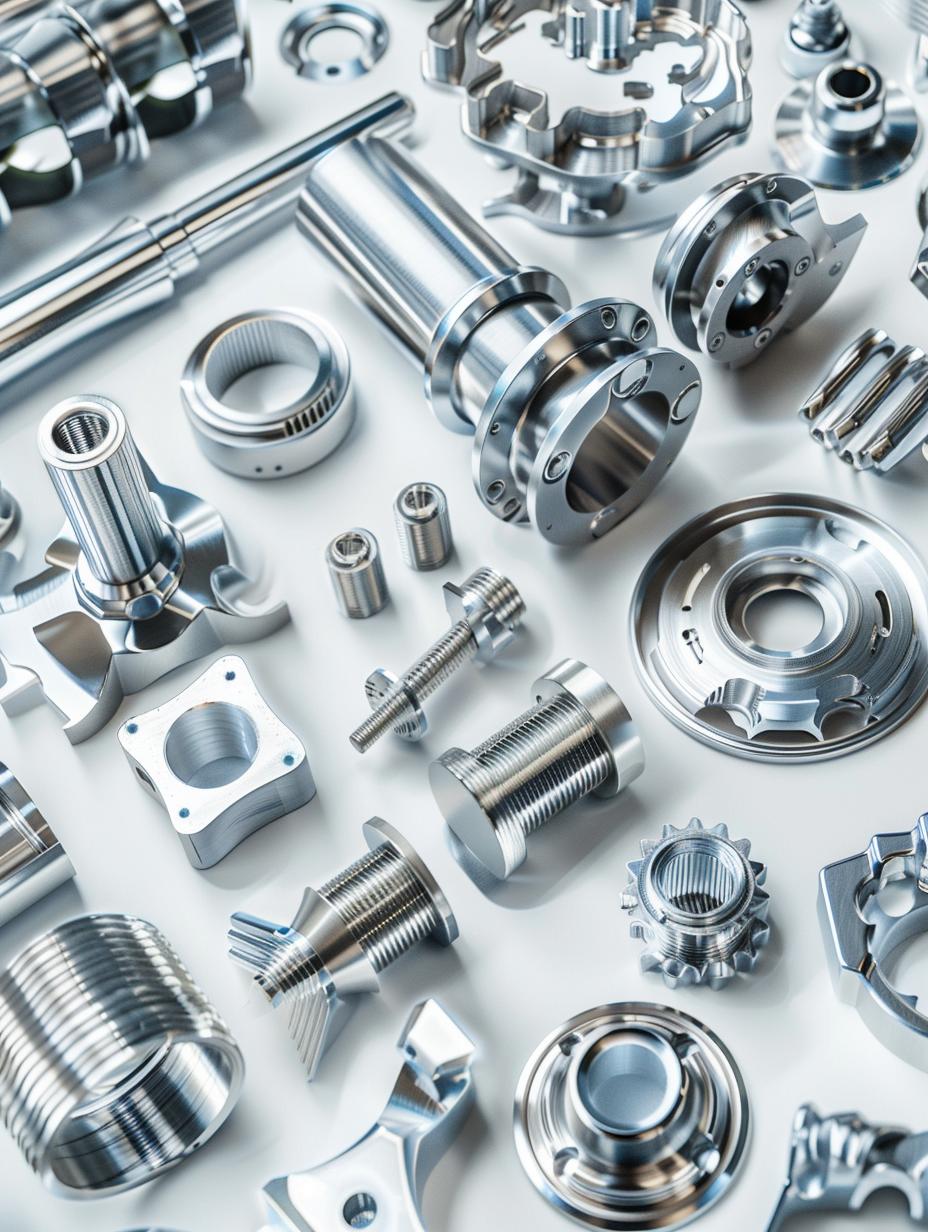




























component failure analysis systematically detects failure modes (such as cracks, delamination, and leakage), accurately pinpoints the root causes of problems, and provides data support for design improvement and process optimization, thereby enhancing long-term product stability and risk resistance.

| Project Significance
1、Ensuring product quality and reliability:
component failure analysis systematically detects failure modes (such as cracks, delamination, and leakage), accurately pinpoints the root causes of problems, and provides data support for design improvement and process optimization, thereby enhancing long-term product stability and risk resistance.
2、Reducing failure risks and costs:
early identification of potential failure mechanisms (such as crater damage and passivation layer defects) can prevent large-scale failures that might lead to costly rework or recalls, while also mitigating safety risks to end-users caused by component failures.
3、Promoting technological iteration and localization:
in the certification of domestically manufactured components, failure analysis serves as a key step in verifying technical specifications, compatibility, and stability, providing a reliability basis for substituting imported parts and accelerating the process of building a self-sufficient and controllable industrial supply chain.
| Project Significance
1、Revealing failure mechanisms and guiding improvement directions:
through failure analysis processes (such as delayering tests, optical microscopy, and electrical performance testing), the failure scenario can be reconstructed, clarifying the role pathways of material, process, or environmental factors, thereby providing a scientific basis for optimizing package structures and selecting appropriate materials.
2、Supporting full lifecycle management:
from design verification to mass production monitoring, failure analysis spans the entire lifecycle of a component, ensuring that the product meets performance requirements under various application scenarios (such as high temperature, high humidity, and mechanical stress), thus extending its service life.
3、Facilitating standard development and industry advancement:
the accumulation of failure analysis data can drive improvements in industry testing standards, provide a reference framework for the reliability assessment of similar components, and enhance overall technical capabilities and market competitiveness.
| MTT Advantages
1. Professional Team: Equipped with a number of highly experienced testing engineers and technical experts.
2. Advanced Equipment: Equipped with internationally leading testing instruments to ensure accuracy and reliability of results.
3. Efficient Service: Rapidly respond to customer needs and provide one-stop, high-efficiency inspection services.
4. Authoritative Certification: The laboratory is certified by ISO/IEC 17025, ensuring that test reports have international credibility.